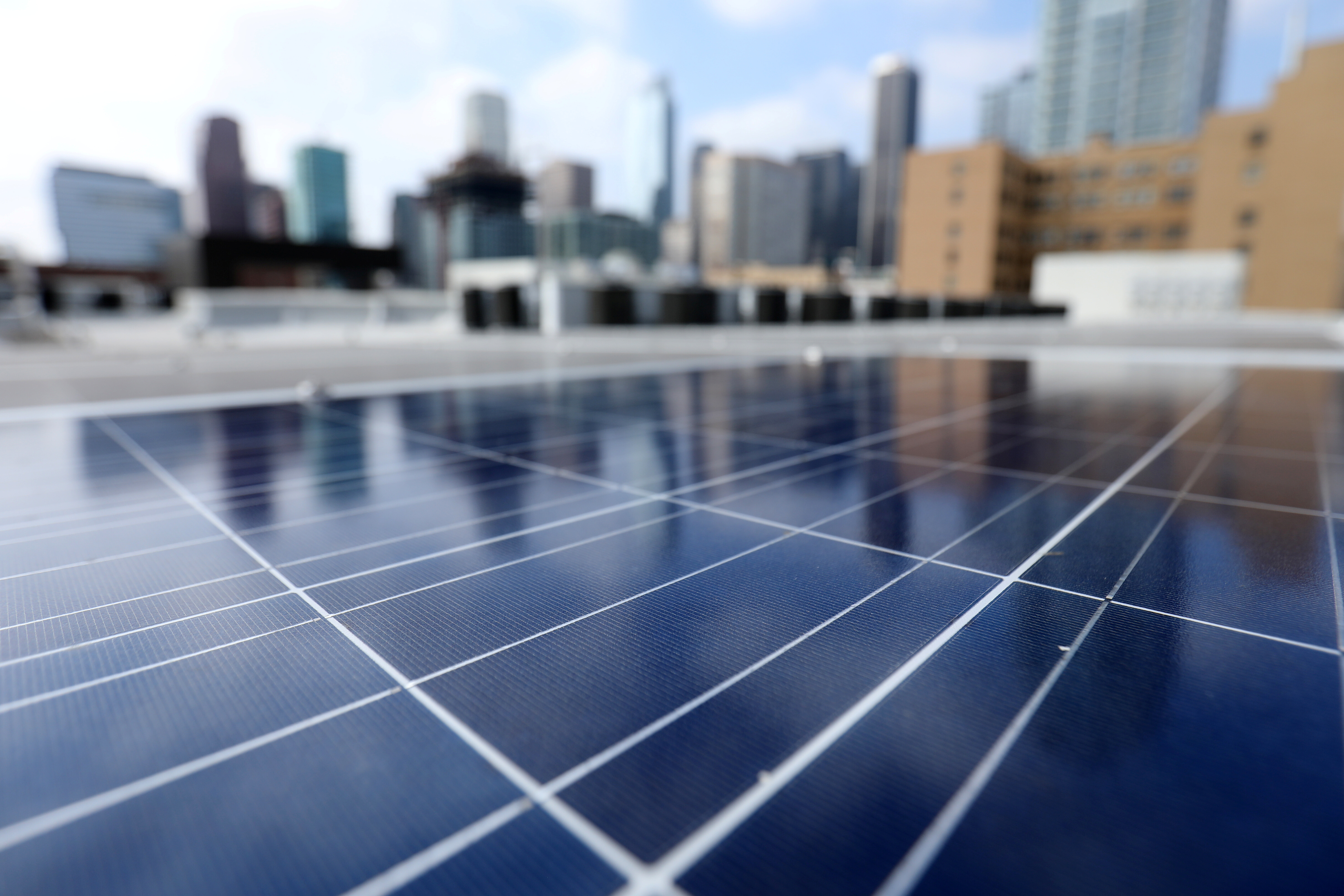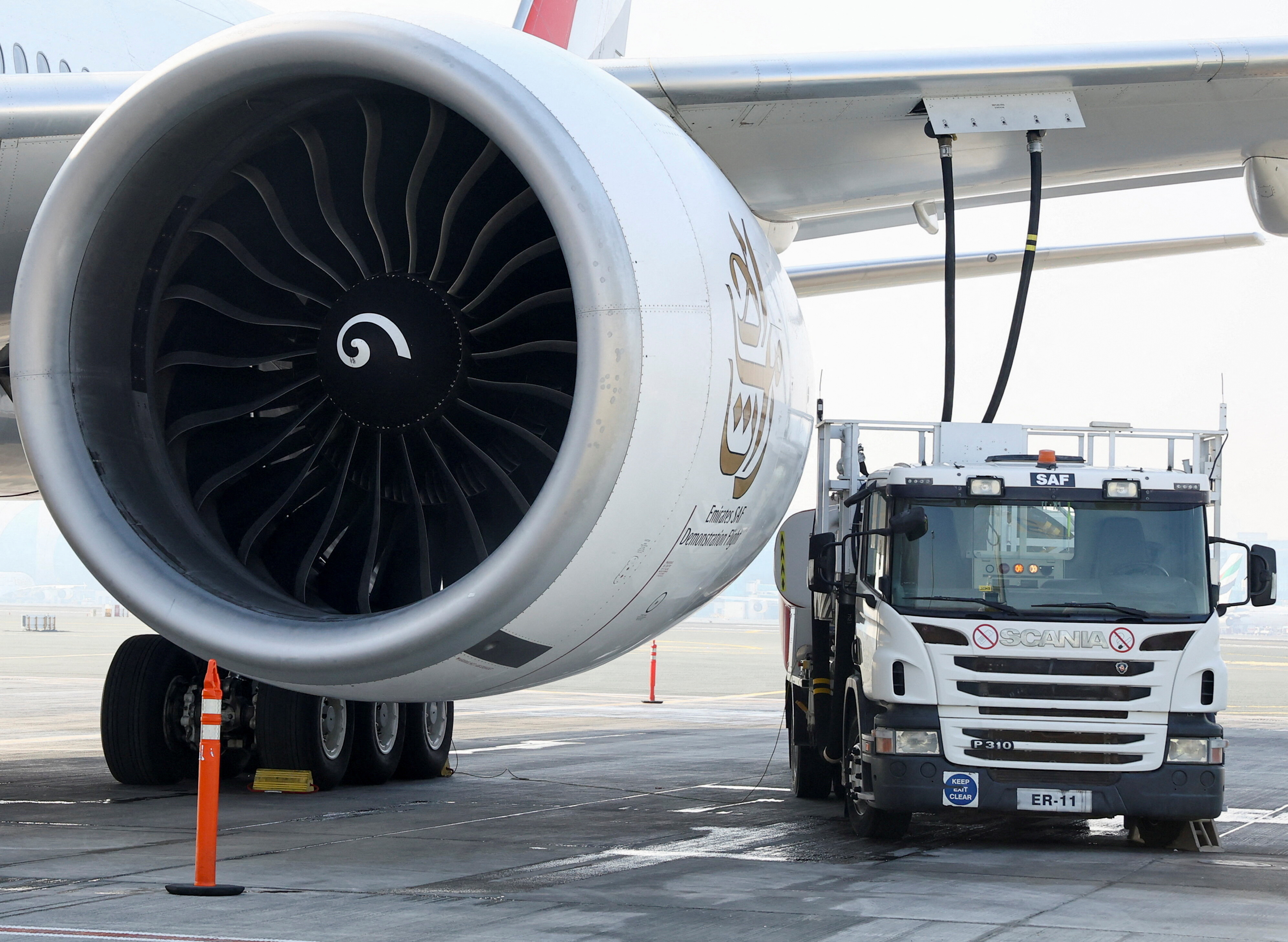Can the world get to ‘zero net emissions’?

Could a call for a ‘carbon neutral’ world by 2050 make it into the text of a new international climate change deal next year?
A draft text released for negotiators at the Lima climate talks this morning, containing key elements for a 2015 deal, proposes that governments adopt a long-term “zero emissions sustainable development pathway”.
It suggests that by 2050 the world would not emit more climate-changing gases than it could neutralise by shifting to clean energy sources, boosting energy efficiency and protecting forests, among other things. Or countries might aim for full decarbonisation by 2050, or even negative emissions by 2100.
There’s a long way to go in determining which, if any, of these options will end up in the final version of a new global climate deal. At this stage the text is just a collection of proposals that needs to be refined and negotiated over the next year.
But the idea of reining in emissions to “net zero” is gaining wider backing – and the climate science supports the need for it.
Net zero ‘is required’
Chris Field, who co-chaired a working group for the latest climate science assessment report from the Intergovernmental Panel on Climate Change, told a conference on the issue in Lima this weekend that emissions must go to zero.
“It’s not that zero emissions is ambitious – it is required, no matter what we do,” he said.
“In some ways… that is incredibly empowering for innovation What we’re looking at is a…genuine rethinking of the energy system, all the way from the top to the bottom,” he added.
Even if ambitious emissions cuts were made now, scientists estimate that about 1.5 degrees Celsius of warming is already unavoidable.
The impacts of warming – including more extreme weather and rising seas – are already happening and won’t be affected much by emissions reductions in the next few decades, Field said. Carbon cuts now will determine what happens in the second half of the century, he said.
Clean growth to fight poverty
A new paper from the Overseas Development Institute says the costs of climate change will fall particularly hard on poor people, making it more difficult for those in extreme poverty to escape from it, and threatening to drag the moderately poor (those living on $2 per day) into extreme poverty.
Some countries argue that the economic transformation required to achieve zero net emissions conflicts with the goal of eradicating extreme poverty.
But the paper argues there is strong evidence that a zero net-emissions path, both globally and in the poorest countries, is likely to be better at achieving moderate and sustained economic growth and addressing inequality. Both, it says, are prerequisites for achieving “zero extreme poverty”.
At the Lima event exploring how to get to zero poverty and zero emissions within a generation, Farhana Yamin, head of the Track 0 initiative, said there was a need to add “zero tolerance for corruption and vested interests” to the list, if the other two were to be achieved.
“In the tobacco industry and health sectors, action has been taken to regulate vested interests – but we have not done the same thing” with climate change, she said.
Taking on vested interests
An expanding divestment campaign, however, is putting pressure on universities, churches, pension funds and other financial institutions to take their money out of fossil fuel investments, including oil and gas companies.
And a growing number of major multinational companies, such as Unilever, are now dealing with climate risk and working to make their supply chains more sustainable.
But Andrew Steer, president of the World Resources Institute, warned that those who want to lead the way toward pushing emissions to net zero must be prepared to lose friends because vested interests will suffer and fight back.
Michael Jacobs, a senior adviser to the New Climate Economy project, noted that politicians are responsible to their domestic voters, and won’t do what is needed to move to zero emissions, “unless there is a groundswell of opinion at home”.
Slowly, that does appear to be forming, with hundreds of thousands turning out on the streets of New York and London and other cities around the world to lobby for greater climate action before the U.N. Climate Summit in September.
Still Helen Clark, head of the United Nations Development Programme, and others said there was a need to keep up the pressure going towards the Paris conference in a year’s time, where the new global climate deal is due to be agreed.
Public demonstrations and other action on climate change haven’t reached the level seen against things like the Vietnam War, apartheid or nuclear weapons, she noted.
“They’ve got to say it a great deal louder yet,” she said. “Otherwise, particularly in times of austerity and low growth, you fall back to that default position where governments are getting a choice between development and the environment, and they choose development without thinking of that bigger, longer picture (that) if we carry on down that route, it’s going to leave a pretty toxic legacy to other generations.”
Civil society groups say it’s up to ordinary people to make sure a zero net emissions goal is indeed included in a new global deal.
“The chance of this stuff remaining in the text is down to us influencing politicians,” said Ruth Davis, political director of Greenpeace UK.
This article is published in collaboration with The Thomson Reuters Foundation trust.org. Publication does not imply endorsement of views by the World Economic Forum.
To keep up with Forum:Agenda subscribe to our weekly newsletter.
Author: Megan Rowling is a journalist for the Thomson Reuters Foundation, covering the latest developments in humanitarian crises, aid, climate change, governance and women’s rights.
Image: Smoke bellow from the chimneys of Belchatow Power Station, Europe’s largest biggest coal-fired power plant. REUTERS/Peter Andrews.
Don't miss any update on this topic
Create a free account and access your personalized content collection with our latest publications and analyses.
License and Republishing
World Economic Forum articles may be republished in accordance with the Creative Commons Attribution-NonCommercial-NoDerivatives 4.0 International Public License, and in accordance with our Terms of Use.
The views expressed in this article are those of the author alone and not the World Economic Forum.
Stay up to date:
Future of the Environment
Forum Stories newsletter
Bringing you weekly curated insights and analysis on the global issues that matter.
More on Energy TransitionSee all
Noelia Garcia Nebra
November 18, 2025






